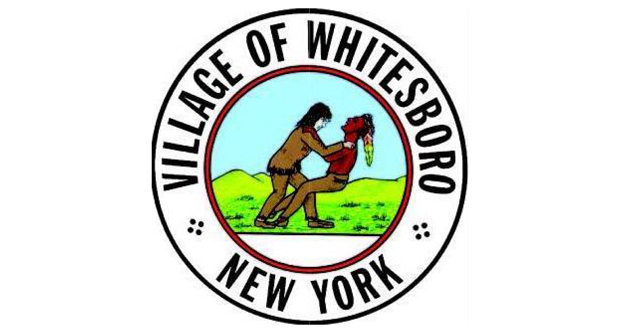
At TWG, we are constantly asked, “Now what?” “What can I do?” “How can I translate my learning into real change?” “What tangible action steps can I take?”
Organizational change and societal change both take place incrementally, and we take a “bottom-up/top-down” approach; change is most likely to occur when supported by a combined effort of policies/commitment from leaders, and individuals feeling empowered to self-reflect and engage with others interpersonally in ways that push the needle toward greater inclusion. Importantly, at the heart of each of these efforts is a key strategy: recognizing and unpacking harmful “dominant narratives.”
Dominant narratives are those stories we tell ourselves, learn, or share with others—whether consciously or unconsciously—that also uphold existing power dynamics. They celebrate or absolve groups who already hold power, or demonize or blame those who are marginalized. Frequently, they are accepted and circulated widely without (much) critical thinking or conversation devoted to them, rendering them particularly insidious.
Dominant narratives can exist broadly on a cultural level (in the US, examples include: “Immigrants are lazy, and they are taking our jobs.” “Hard work translates to success regardless of your situation.” “Mental health challenges represent weakness.”) They can also exist within organizations, catered to the specific contexts, norms, and values prioritized in the organization. Reflecting on dominant narratives that exist within our communities and organizations, and unpacking the harm they may be perpetuating is essential to promoting equity and inclusion in our personal and professional circles.
Reflecting on dominant narratives within our organizations, and unpacking the harm they may be perpetuating is essential to promoting #equity and #inclusion in our personal and professional circles. Share on X
This was the impetus behind our “Unpacking the Conversations that Matter” Feature Series. We sought to equip our readers with clear explanations of the harmful ideas embedded in dominant narratives, as well as talking points to support in responding to them, and help others to reconsider their assumptions. Over the last few months we have unpacked colorblindness, anti-immigrant rhetoric, homophobia, deficit mindsets, “freedom of expression,” appropriation and exoticization, tone policing, distancing statements, gentrification, rejection of privilege, “punching down” in comedy, and meritocracy.
These aren’t easy topics to tackle, and all of us at TWG know that, especially when we are caught by surprise by someone’s comments, it can be difficult to find the right words to respond in the moment. Even for those of us contributing, our posts took reflection, research, and editing to distill them down to the essential points. Yet we found this was an incredibly valuable process to practice. We hope that it has also proven valuable to you in your personal learning or in conversations with others. We challenge you to use these ideas and talking points over the holidays and beyond to spark Bold, Inclusive Conversations® with your loved ones, peers, and colleagues.
We challenge you to use these ideas and talking points over the holidays and beyond to spark Bold, Inclusive Conversations® with your loved ones, peers, and colleagues. Share on XAnother strategy that has proven incredibly helpful in my own conversations across different perspectives is the LARA method, which I outlined an example of in another recent post. This method helps us to respond to harmful messages expressed by others with patience and empathy, seeking mutual understanding. Complimenting a powerful strategy like LARA with talking points like those we have shared in this series is a great way to approach difficult conversations across difference, and to practice allyship to marginalized communities by productively challenging dominant narratives.
What dominant narratives have you heard or struggled to respond to in conversations? While we addressed many in this series, there are countless others, and we would love to support you with future resources and ideas. Drop your requests in the comments, and we’ll draw from them as we continue to develop resources for engaging in Bold, Inclusive Conversations®!


















